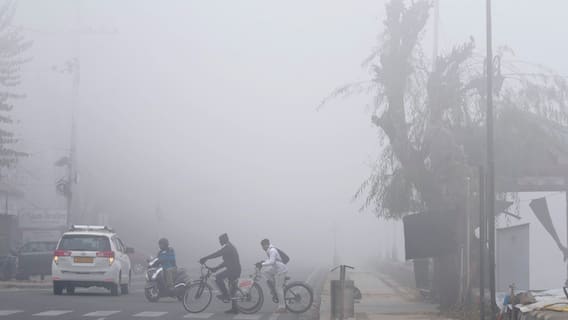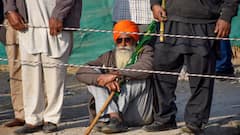Hathras Conspiracy Case | Allahabad HC Rejects Bail Plea Of Journalist Siddique Kappan
When deciding whether to refuse Kappan bail earlier, Additional Sessions Judge Anil Kumar Pandey focused heavily on the claimed evidence gathered against him.

In the Hathras conspiracy case, the Allahabad High Court denied journalist Siddique Kappan's request for bail. On Tuesday, the decision had been reserved by a Justice Krishna Pahal panel, LiveLaw reported.
When deciding whether to refuse Kappan bail earlier, Additional Sessions Judge Anil Kumar Pandey focused heavily on the claimed evidence gathered against him.
Siddique Kappan's Case Background
After having his bail request denied by a local court in Mathura, Uttar Pradesh, Kappan approached the court in July of last year. The local court had denied Kappan bail due to the UAPA (Unlawful Activities Prevention Act) complaint that had been filed against him.
In October 2020, Siddique Kappan and other suspects were detained by the UP police as they attempted to report the Hathras rape-murder case, according to LiveLaw.
They were first detained on suspicion of making a disturbance and brought before a sub-divisional magistrate's court, which committed them to judicial detention.
Following the Hathras gangrape-murder case, they were arrested under the UAPA on charges that they intended to stir up communal unrest and disturb social peace.
After his bail request was denied by a municipal court in Mathura, Uttar Pradesh, in July of last year, Kappan approached the court.
Kappan, who was charged with multiple offences under the strict UAPA (Unlawful Activities Prevention Act), was denied bail by the local Court while the charges against him were investigated.
Additional Sessions Judge Anil Kumar Pandey denied Kappan bail based mostly on the purported evidence gathered against him throughout the inquiry, LiveLaw reported.
The court noted that the charge against Kappan is that he and the co-accused did activities that fostered hatred among society and harmed the communal peace that existed.
Trending News
Top Headlines






































